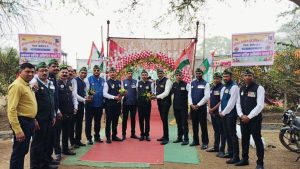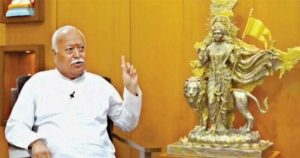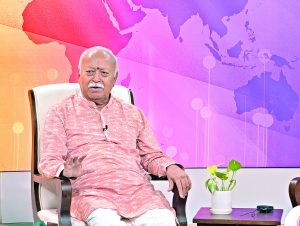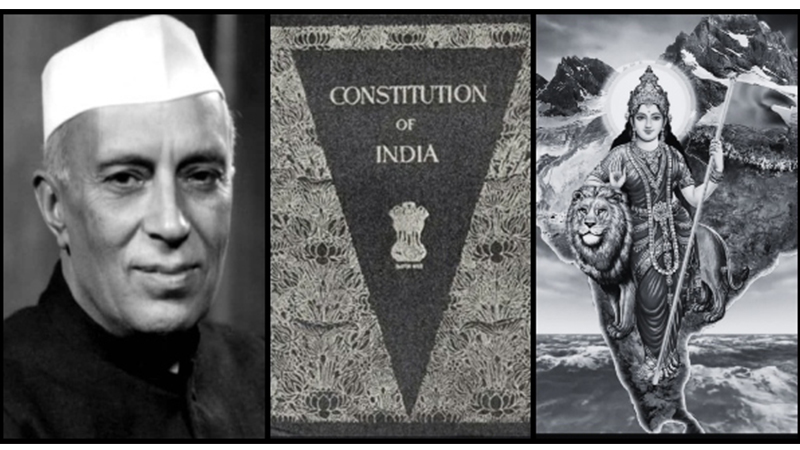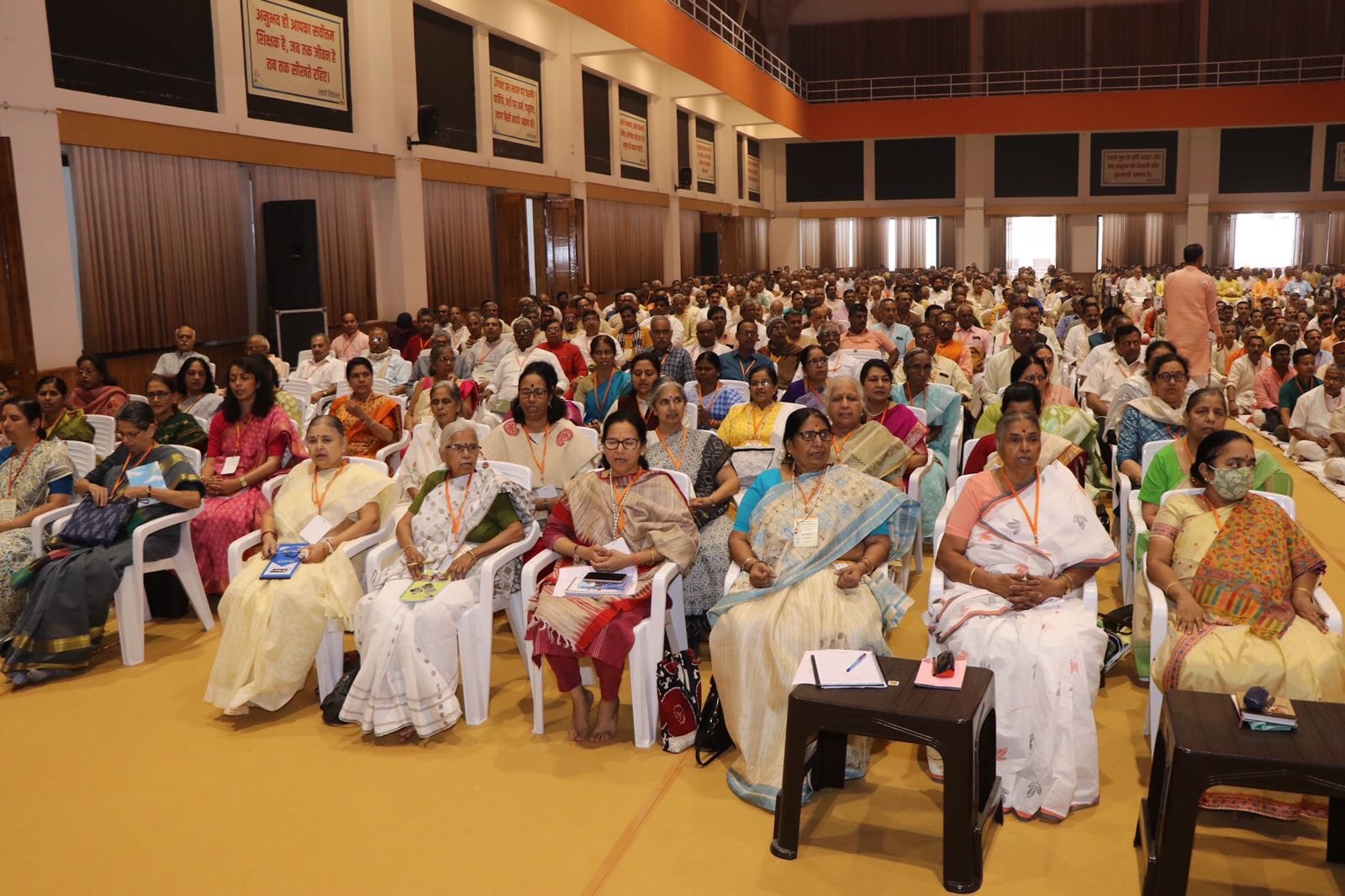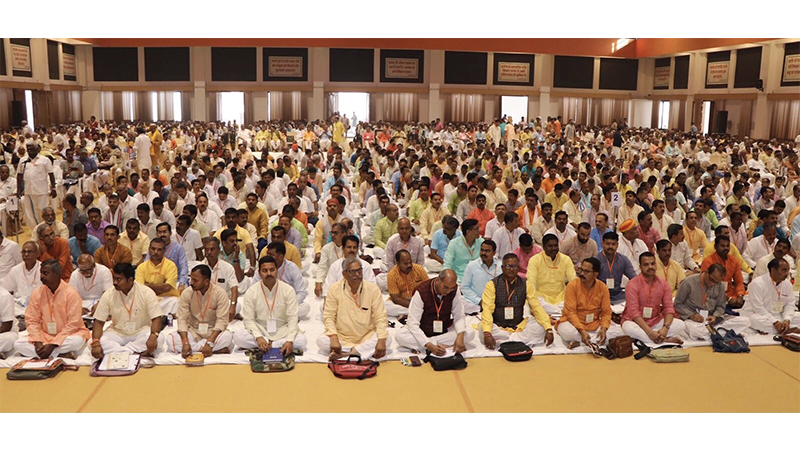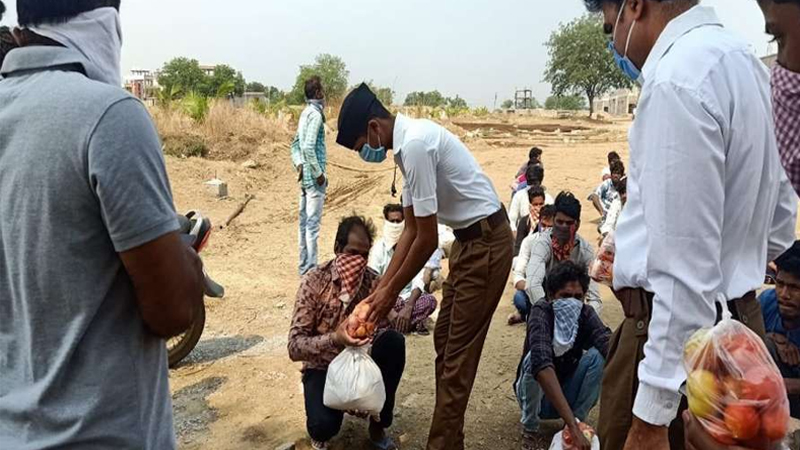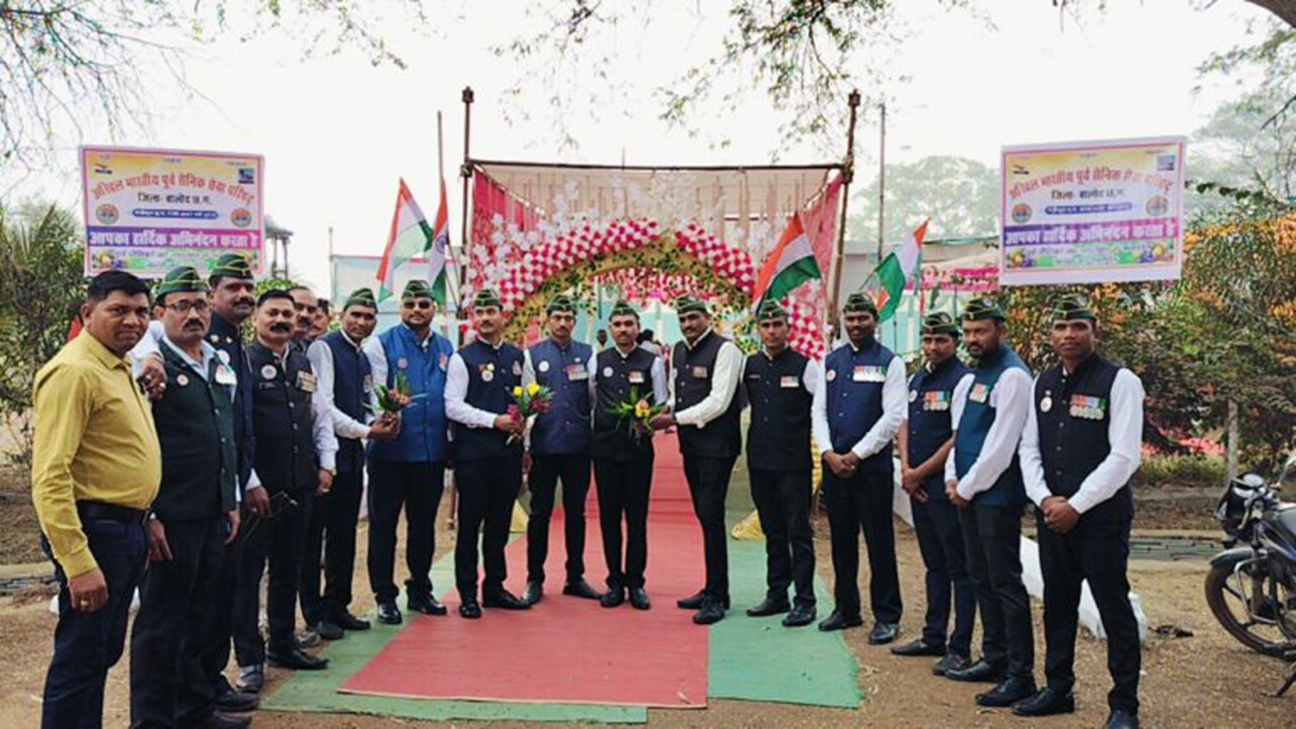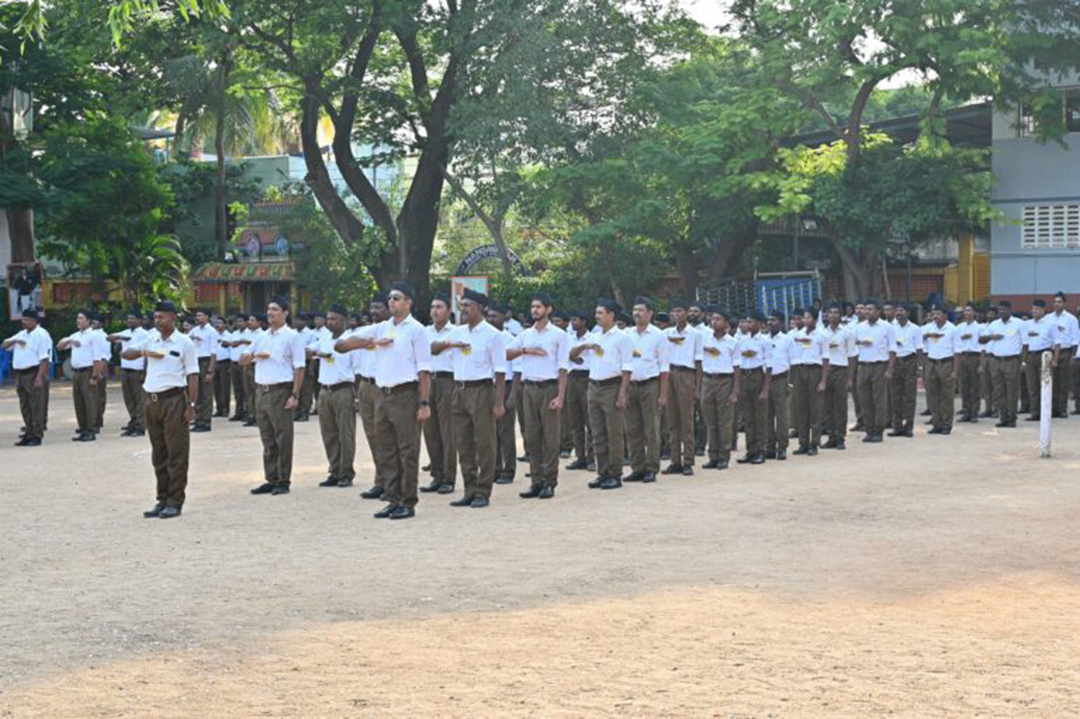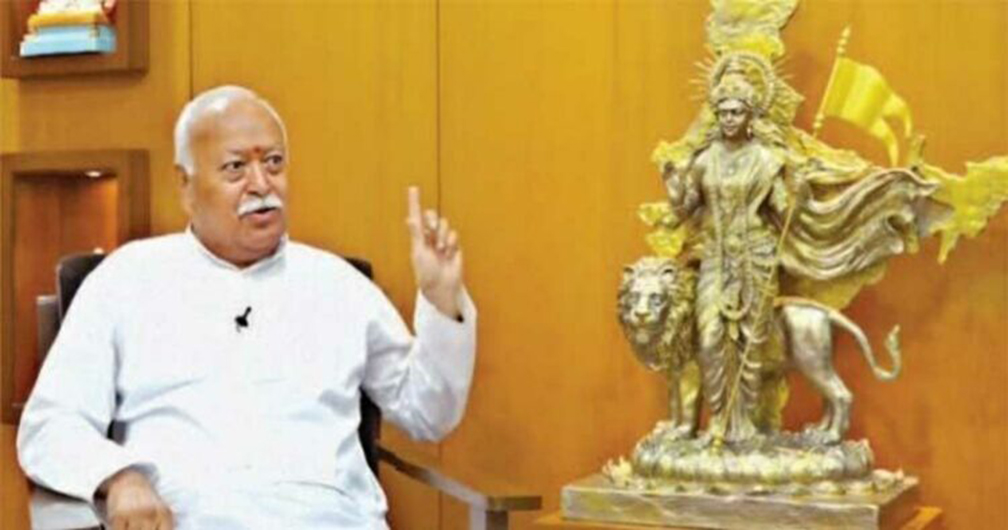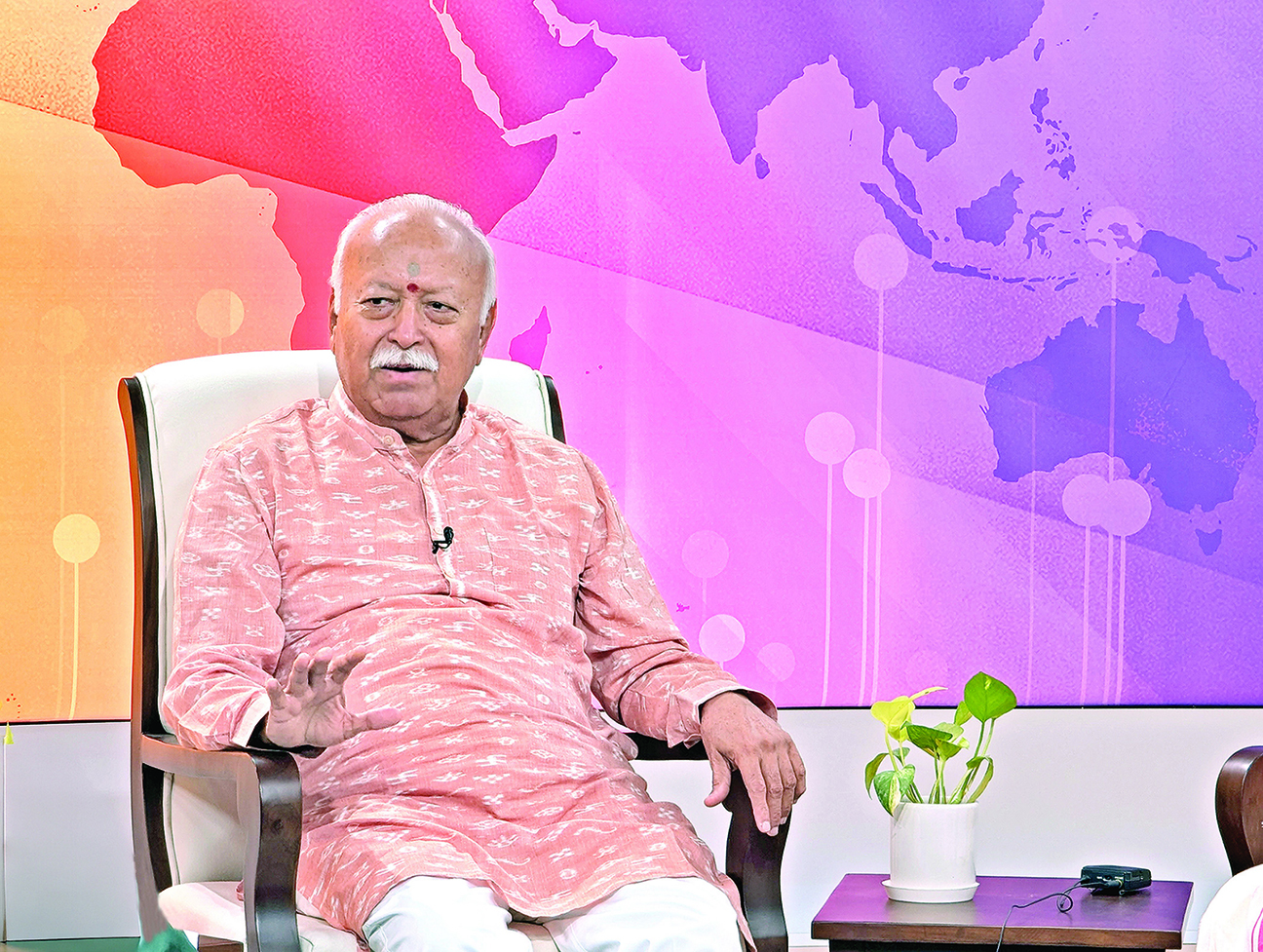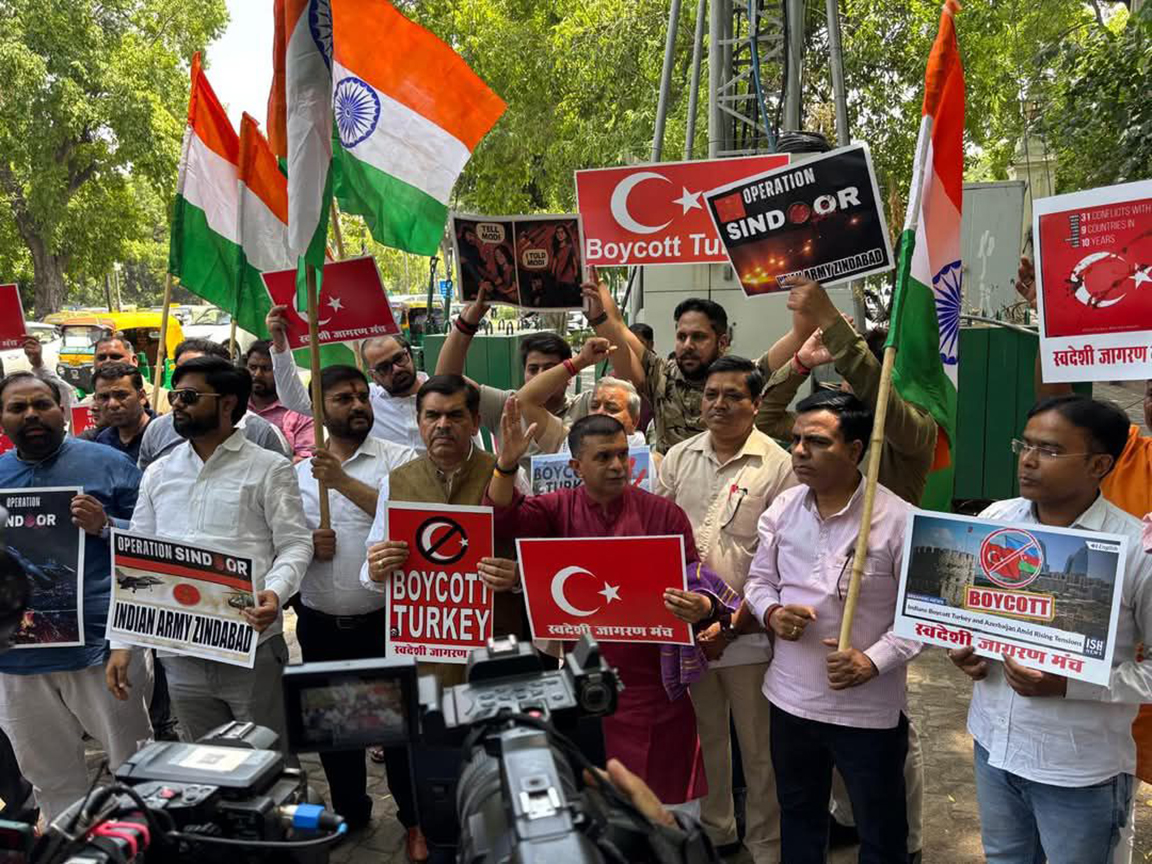Mohan Bhagwat: The Sixth RSS Chief – A Brief Biography
Updated: February 4, 2023 5:56
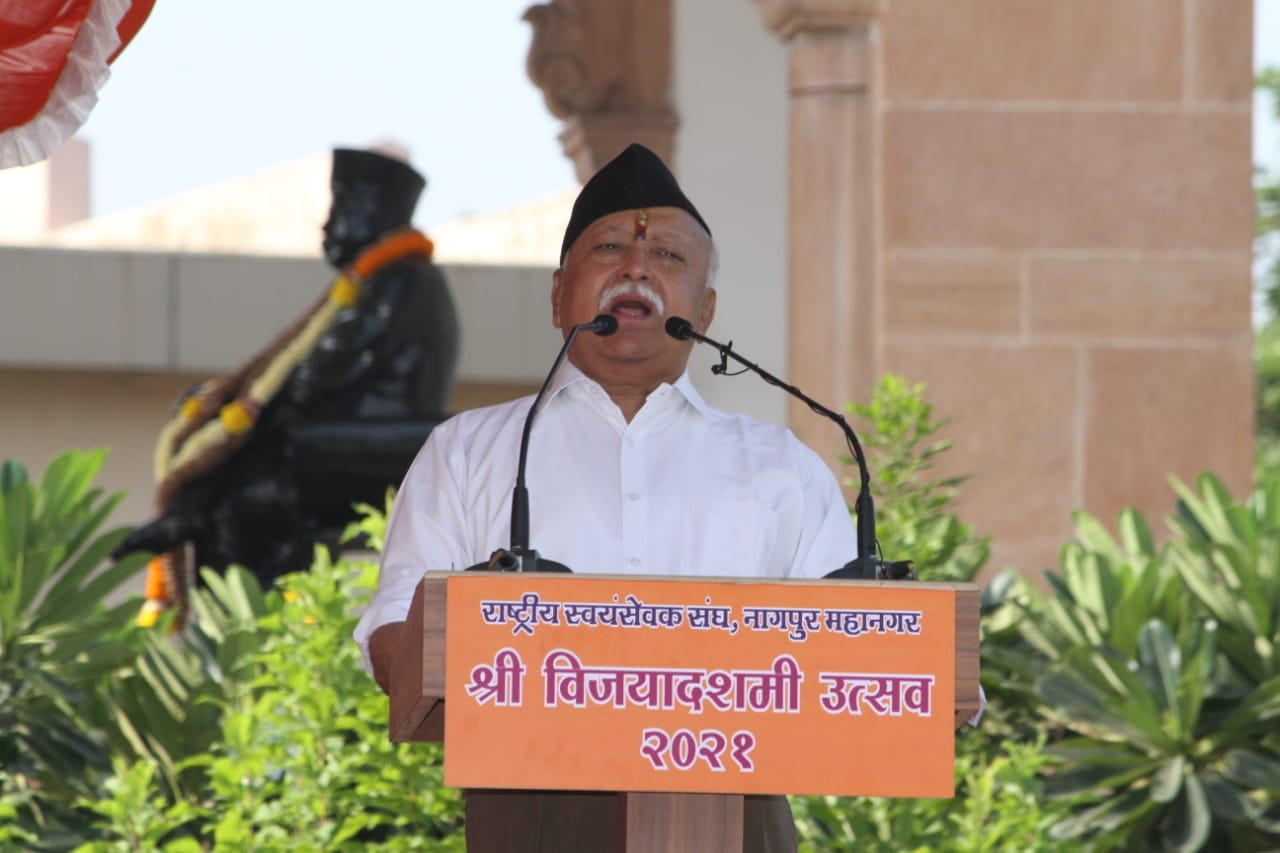
Dr. Mohan Madhukar Rao Bhagwat, commonly known as Mohan Bhagwat, was born on September 11, 1950 at Chandrapur in Maharashtra. His father, Madhukar Rao Bhagwat, was also a dedicated Swayamsevak, who also worked as a Pracharak. Mohan is the eldest son of his parents and has two younger brothers and a sister.
He finished his schooling from ‘Lokmanya Tilak Vidyalaya’. He also studied at Janta College in Chandrapur. Later, he graduated in Veterinary Sciences and Animal Husbandry from ‘Punjabrao Agriculture University, at Akola in Maharashtra.
Dr. Bhagwat left his post-graduate studies in-between to become a Pracharak of the RSS towards the end of 1975. He went underground after Emergency was imposed in 1975 and worked extensively to oppose the draconian measures initiated by the then Congress government led by the then Prime Minister Indira Gandhi.
From 1991 to 1999, he was ‘Akhil Bharatiya Sharirik Pramukh’, (national in-charge of physical training). Later, he was given to shoulder the responsibility of full-time RSS workers, i.e. Pracharak as ‘Akhil Bharatiya Pracharak Pramukh’, (in-charge of RSS volunteers working full-time for India).
In the year 2000, he was appointed as Sarkaryavah, (General Secretary). On March 21, 2009, he was appointed as the Sarsanghchalak. He is one of the youngest RSS Chiefs in its history and highly respected for his organisational skills and decisiveness. The RSS has been expanding its footprint with a new vigour under his leadership.
To get an insight about the perspective with which the Sixth RSS Chief looks at various issues, one needs to go through his annual speech at Nagpur, delivered on the occasion of ‘Vijaya Dashmi’ in the year 2014. One must remember here that 2014 witnessed a historical political victory for the Bharatiya Janta Party led by an RSS Swayamsevak, who became Prime Minister of the country. In this context, when one reads the speech, there is clear realisation that, undeterred by the trappings of the political power, RSS is evolving its vision at its own pace and on its own terms.
(Source – Anand Arun, Know About RSS, Prabhat Prakashan, Second Edition)
